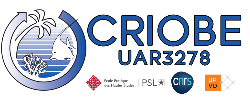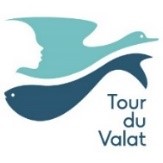French Connection project
Multi-scale investigation of coral reef biodiversity through the lenses of French tropical overseas
Abstract
Coral reefs are among the most productive and diverse ecosystems of our plant. Despite their restricted surface area, representing <0.1% of the oceans, they host 38% of known marine species and provide numerous socio-economic benefits to millions of people around the world. However, human impacts to the marine environment generate increasing environmental changes, inducing declines of coral reefs and associated biodiversity and ecosystem services. Facing this planetary scale ecological and social crisis, the sustainable management of coral reef biodiversity is a central goal for humanity in the 21st century.
Biodiversity is a measure of the level of variability of the living. Despite the simplicity of the concept of biodiversity, a largely unexplored chasm lays behind this term. Observations show that variability of the living is found at many biological and ecological scales of organization, from genes to ecosystems and beyond, when integrating their biotic, abiotic, and human surrounding environments (Fig. 1). The sustainable management of biodiversity therefore requires a better understanding of the magnitude and the distribution of biodiversity in its entirety, as well as that of the mechanisms controlling its genesis, its maintenance, and its organization.
The goal of the French Connection project is to explore the magnitude, the distribution, and the mechanisms driving the organization of coral reef biodiversity at the different scales of bio-ecological organization by uniting the disciplinary expertises of the scientific community working on the 12 French tropical overseas. This is a network of scientific hotspots distributed around the planet (Fig. 2) and representing a high diversity in natural and human environments (biogeography, climate, demography, links to the reef, management approaches, etc.). In addition to a better understanding of the mechanisms at the origin, organization, and maintenance of biodiversity, this unique endeavor enables a synthesis on the major threats to coral reefs prevailing in the different regions and an evaluation of the existing and future solutions to be implemented for a sustainable management of coral reefs.
The French Connection project strengthens the contributions of the French overseas network by emphasizing its exceptional coral reefs, the diversity and specificities of the societies that depend on them, and the research and conservation strategies deployed by the public service and their partners for a sustainable management of biodiversity. The project is structured around 4 major knowledge acquisition objectives relating to the understanding and management of biodiversity:
1. How is coral reef biodiversity distributed in space and time, and across scales of bio-ecological organization?
2. To which degree biodiversity transcripts between spatial, temporal, and organizational scales, and what is the link between biodiversity and productivity?
3. How do natural and anthropic conditions alter the magnitude and organization of biodiversity, and what characteristics influence system tolerance to climatic and human stress?
4. What are the levels of knowledge and knowledge gaps in biodiversity measurements and management, and how to progress towards sustainability?
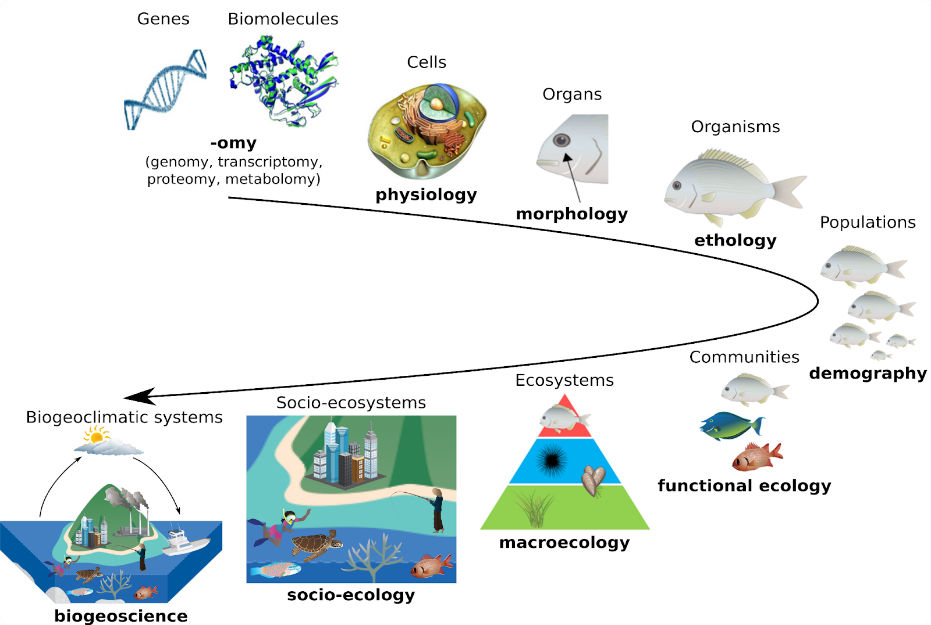
Fig. 1 Hierarchical organization of the living, from genes to biogeoclimatic systems, from which biodiversity results of the variabilities at the different scales, along with the scientific disciplines associated with their study.
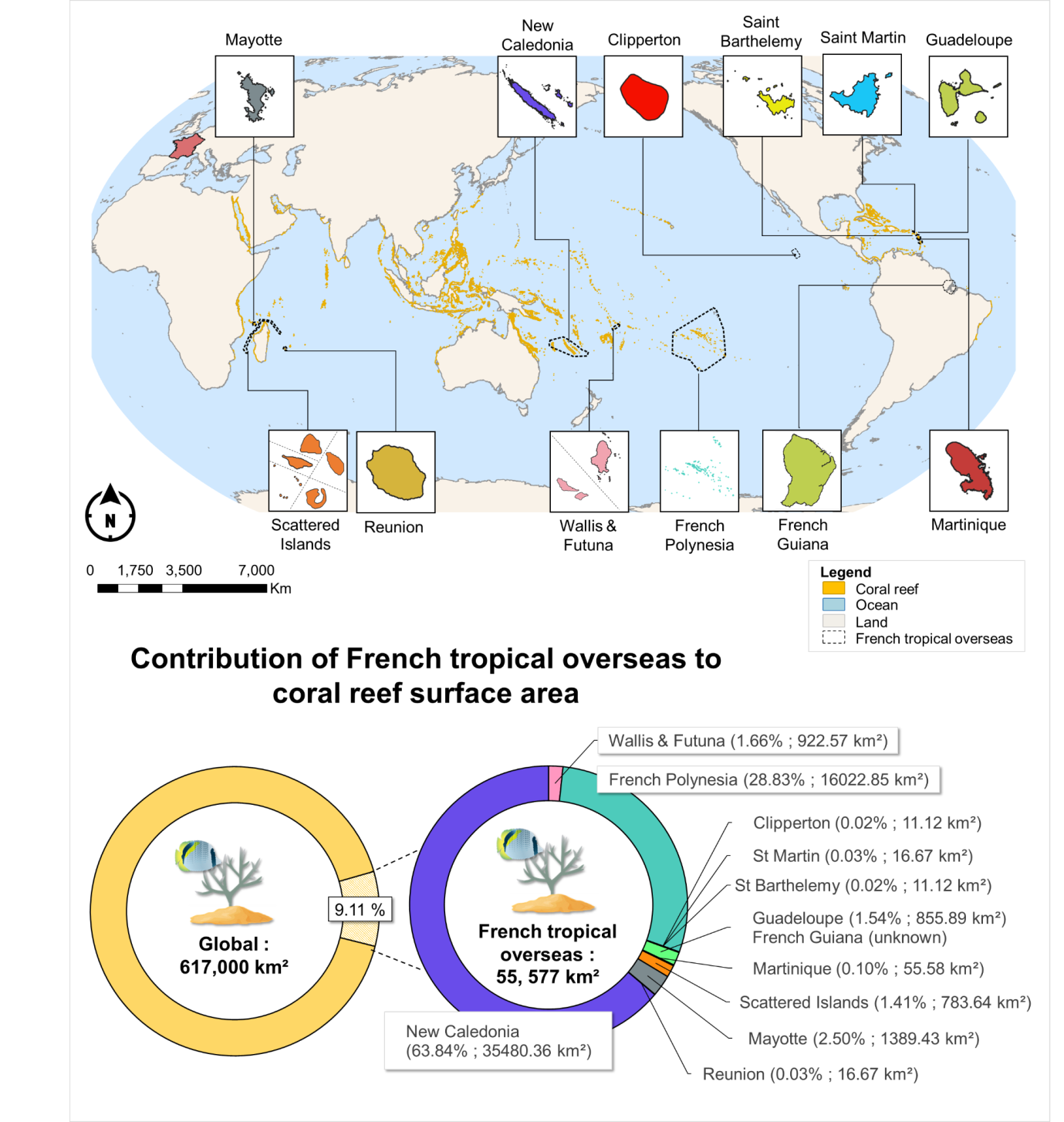
Fig. 2 Distributions of coral reefs on the planet and contribution of french tropical overseas.
PUBLICATIONS
Pellerin et al. 2025 (Coral Reefs of the World): Snapshots of Coral Reef Biodiversity
PARTNERS
| KAYAL Mohsen | ENTROPIE IRD |  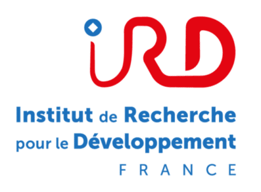 |
| Thierry Perez | IMBE CNRS | 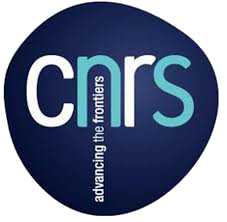 |
| PELLERIN Félix | CRIOBE EPHE | 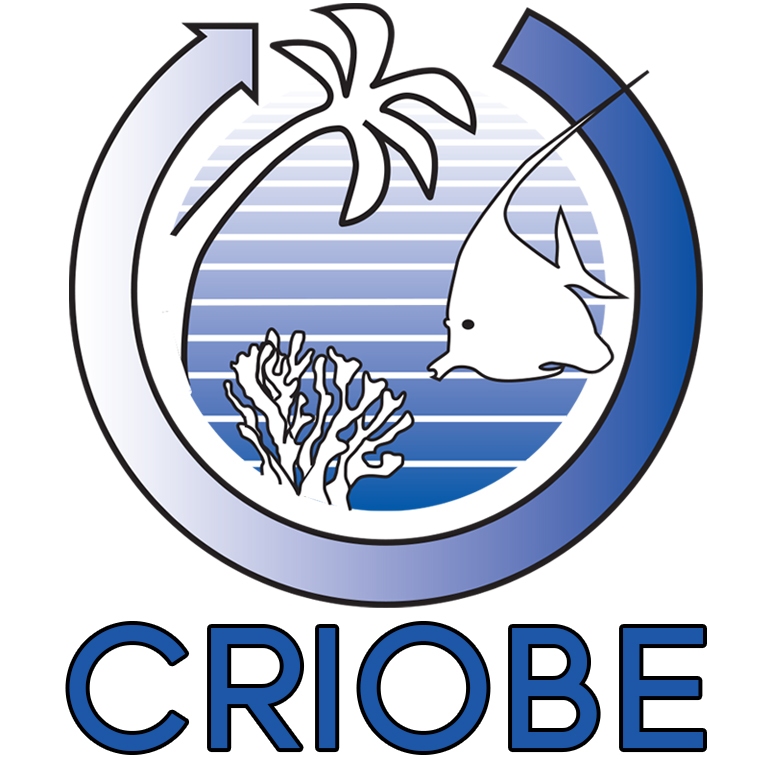 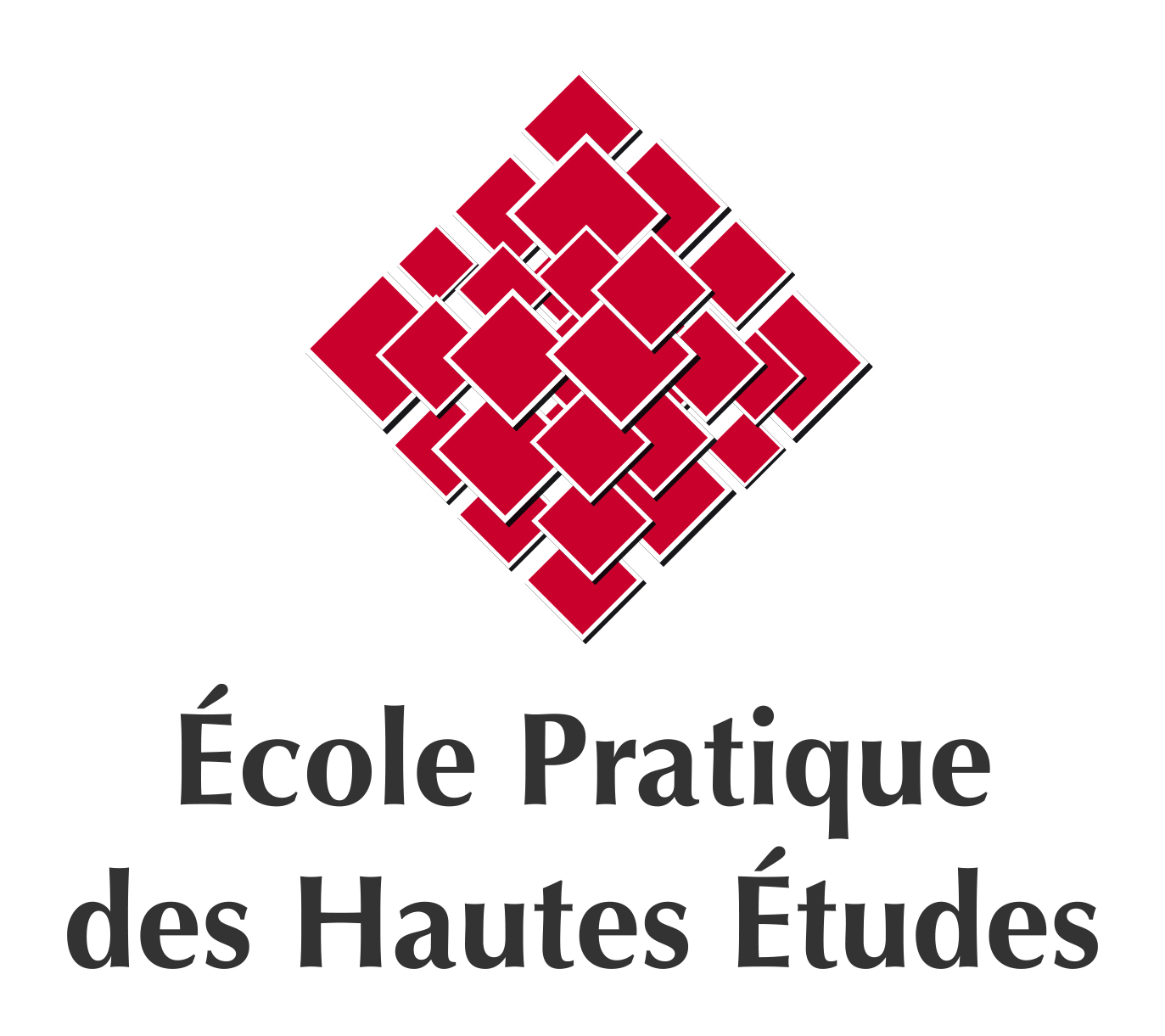 |
| ESPEL Diane | ECOBIO CNRS | 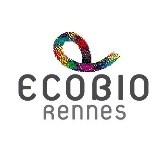  |
| BALLARD Jane | Tour du Valat | 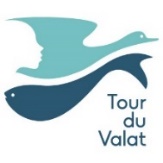 |
| SALAUN Jessica | CRIOBE EPHE |   |
| KAYAL Ehsan | Iowa State University |  |
| ZUBIA Mayalen | SECOPOL UPF | 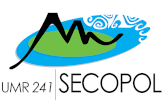 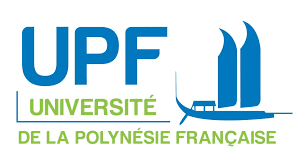 |
| LASNES Grégory | Biocénose Marine | 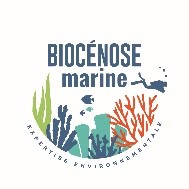 |
| PICHON Michel | Queensland Museum |  |
| BOSSERELLE Pauline | Pacific Community |  |
| WICKEL Julien | GIE MAREX | 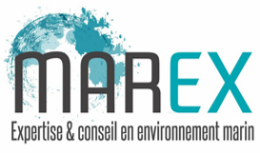 |
| GARRIGUE Claire | ENTROPIE IRD |   |
| LETOURNEUR Yves | ENTROPIE UPF |  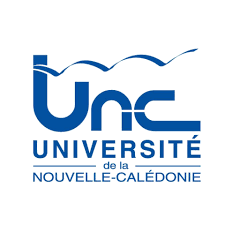 |
| ADJEROUD Mehdi | ENTROPIE IRD |   |
| GUILHAUMON François | ENTROPIE IRD |   |
| BERTEAUX Véronique | ENTROPIE CNRS |   |
| LECELLIER Gaël | ENTROPIE UPF |   |
| GUILLAUME Mireille | BOREA MNHN | 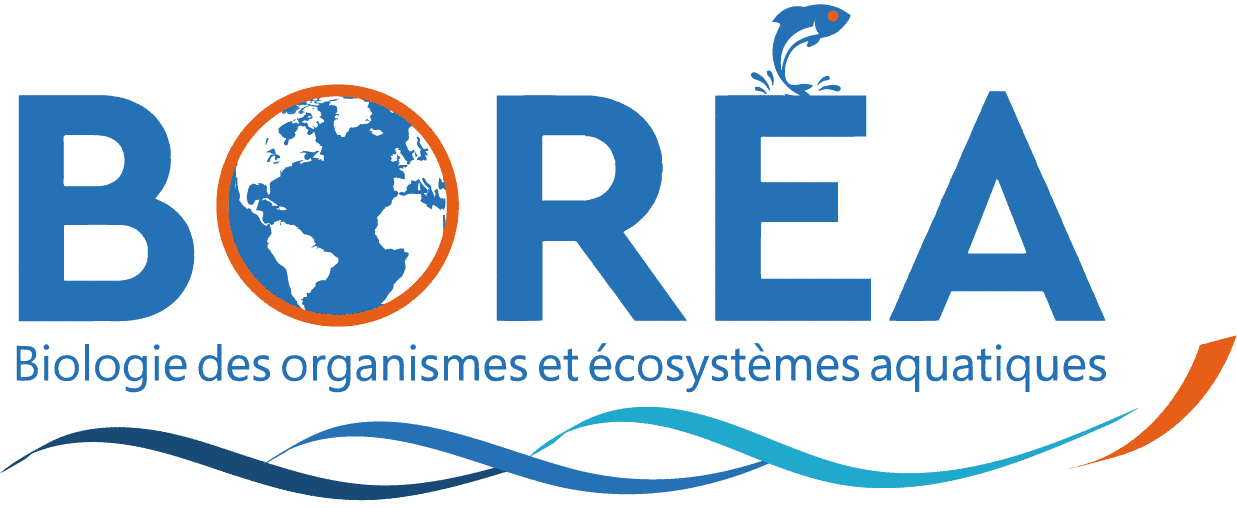 |
| TROUILLEFOU Malika | BOREA Université des Antilles |  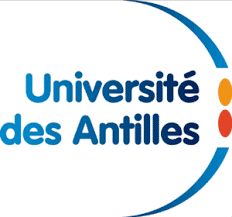 |
| GATTI Clémence | Institut Louis Malardé |  |
| JAUFFRAIS Thierry | ENTROPIE IFREMER |   |


